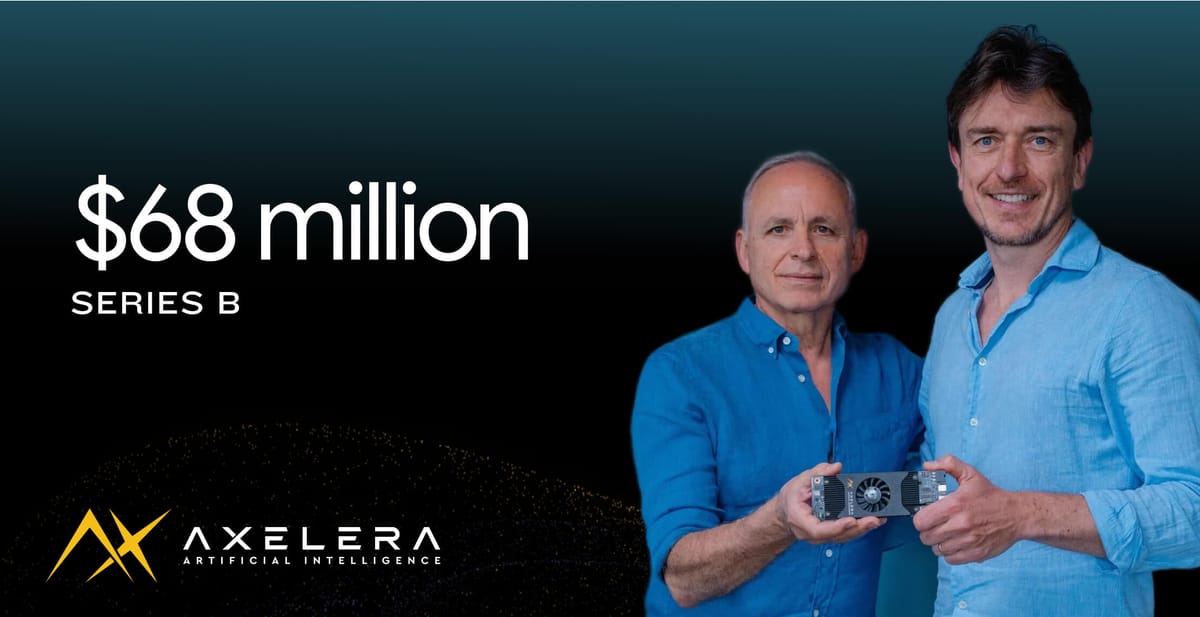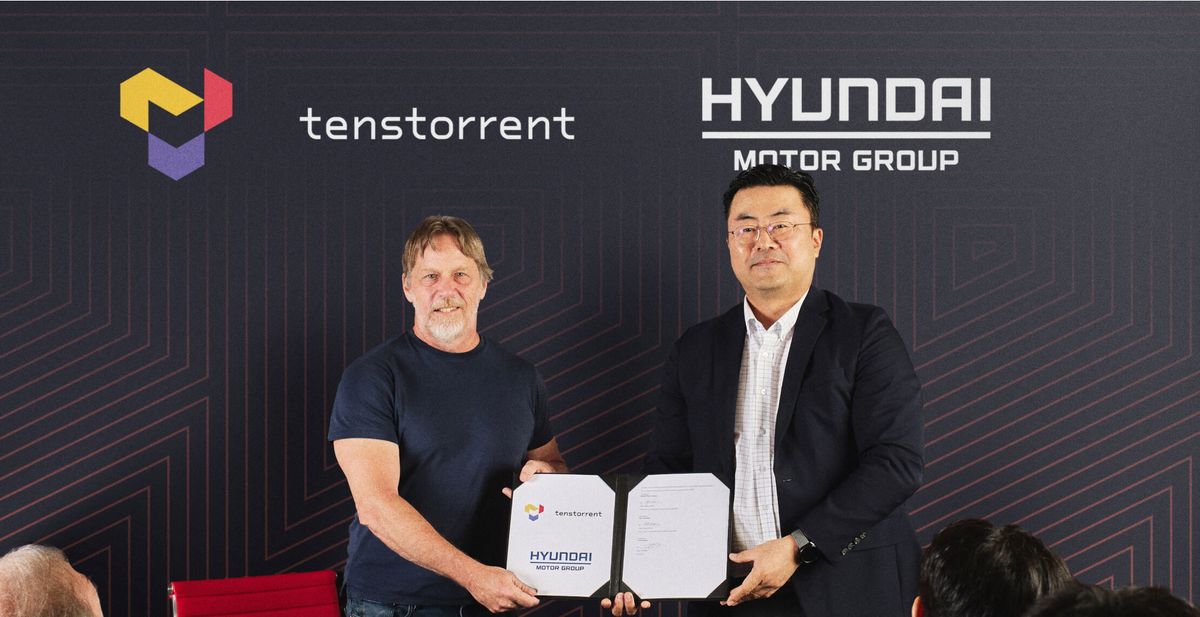Axelera AI receives $68 million in second round of funding

Dutch startup Axelera AI has just raised $68 million in its second round of funding, bringing its total raised to $120 million in just three years. As the AI chip market heats up and is forecast to reach $67 billion by 2027, Axelera is banking on its unique edge-focused approach using RISC-V architecture and in-memory computing to stand out from the crowd.
This round is Europe’s largest Series B for a fabless semiconductor company. Heavyweights such as Invest-NL Deep Tech Fund, European Innovation Council Fund and Samsung Catalyst Fund led the round, along with returning backers Innovation Industries and CDP Venture Capital SGR.
CEO Fabrizio Del Maffeo was blunt about the company’s goals: “We are here to make AI accessible to everyone, from edge devices to the cloud. This money will allow us to expand beyond edge computing and address the big challenges of AI processing.”
Axelera’s secret sauce is the Metis™ AI platform, which combines RISC-V architecture with in-memory computing. RISC-V is an open, royalty-free chip design, while in-memory computing runs calculations directly in a system’s RAM, dramatically reducing processing time. Metis is scheduled to enter full production in late 2024 and promises to outperform current solutions by three to five times in both efficiency and raw performance.
The numbers back up Axelera’s ambitions. They have built a team of over 180 people, including over 55 with PhDs, and claim to have “tenths” of enterprise clients with potential revenue of $100 million in their business pipeline.
Samsung’s Marco Chisari praised Axelera’s technology: “With their digital in-memory computing approach, they are tackling the ‘memory wall’ problem head-on. This could fundamentally change the performance of edge AI.”
Axelera is not alone in this space. Competitors like NeuroBlade, Tenstorrent and established giants like NVIDIA are all vying for a piece of the AI chip pie. But Axelera aims to differentiate itself by supplying both chip hardware and software to manage and deploy AI models.
Hyundai and Samsung support AI chip maker Tenstorrent with $100 million investment
Both companies also actively participate in Tenstorrent’s business operations, adding a level of strategic alignment and deeper involvement that goes beyond the traditional investor-company relationship.

The fresh money will fuel Axelera’s expansion plans. The company is targeting growth in North America, Europe and the Middle East, while also looking to penetrate markets such as automotive AI and digital healthcare. The company is already developing its next generation of products, which are scheduled to launch in 2025, with a focus on computer vision, large language models and large multimodal models.
However, Axelera faces significant challenges. Scaling chip production is notoriously difficult, and the AI chip market is becoming increasingly crowded. With VC-backed chip startups raising nearly $5.3 billion this year alone, competition is fierce.
But the potential gains are huge. While Axelera is unlikely to dethrone NVIDIA (which holds a 70-95% market share) anytime soon, even a small slice of the projected $67 billion market could be a win for the Dutch startup.



